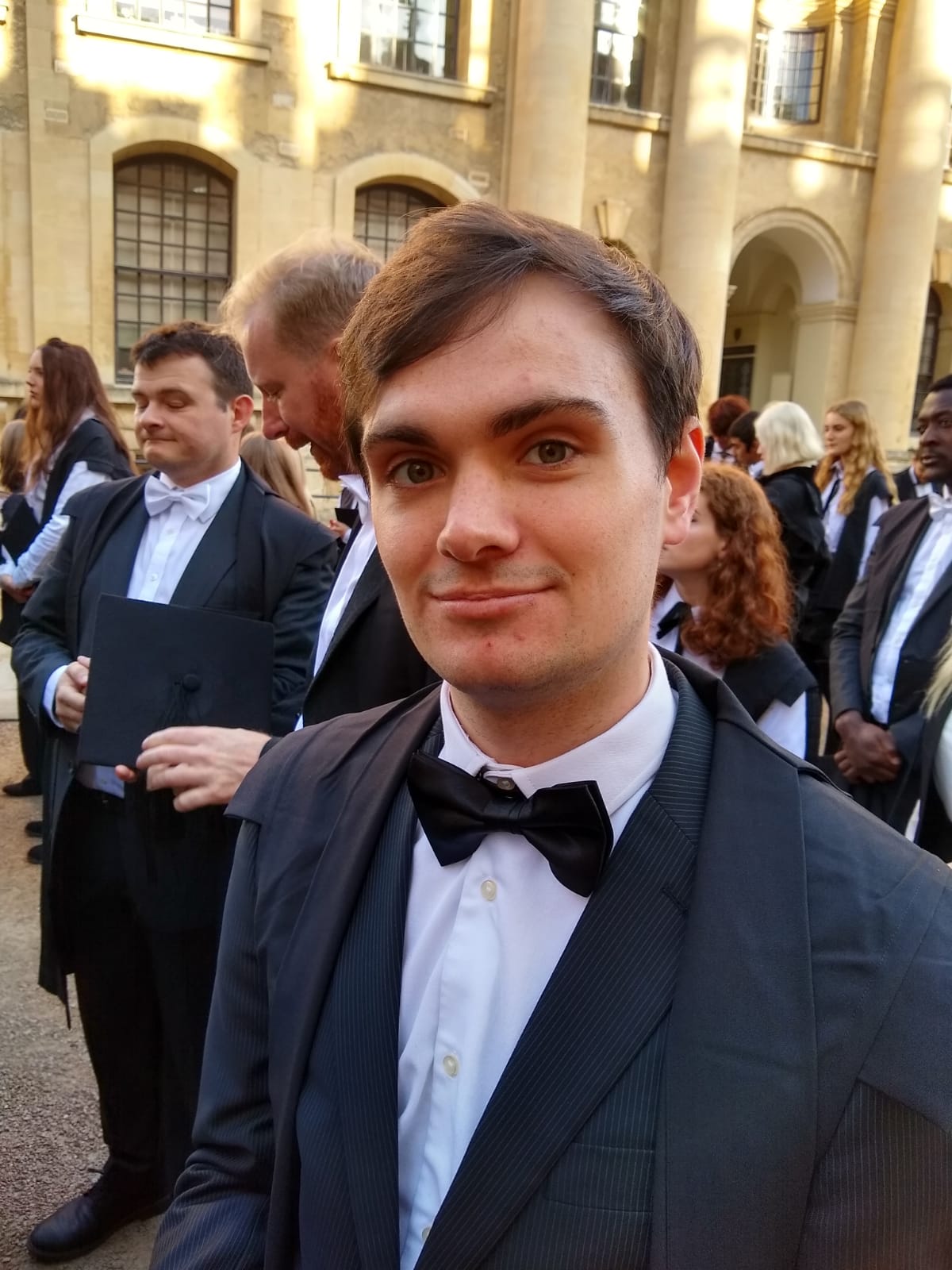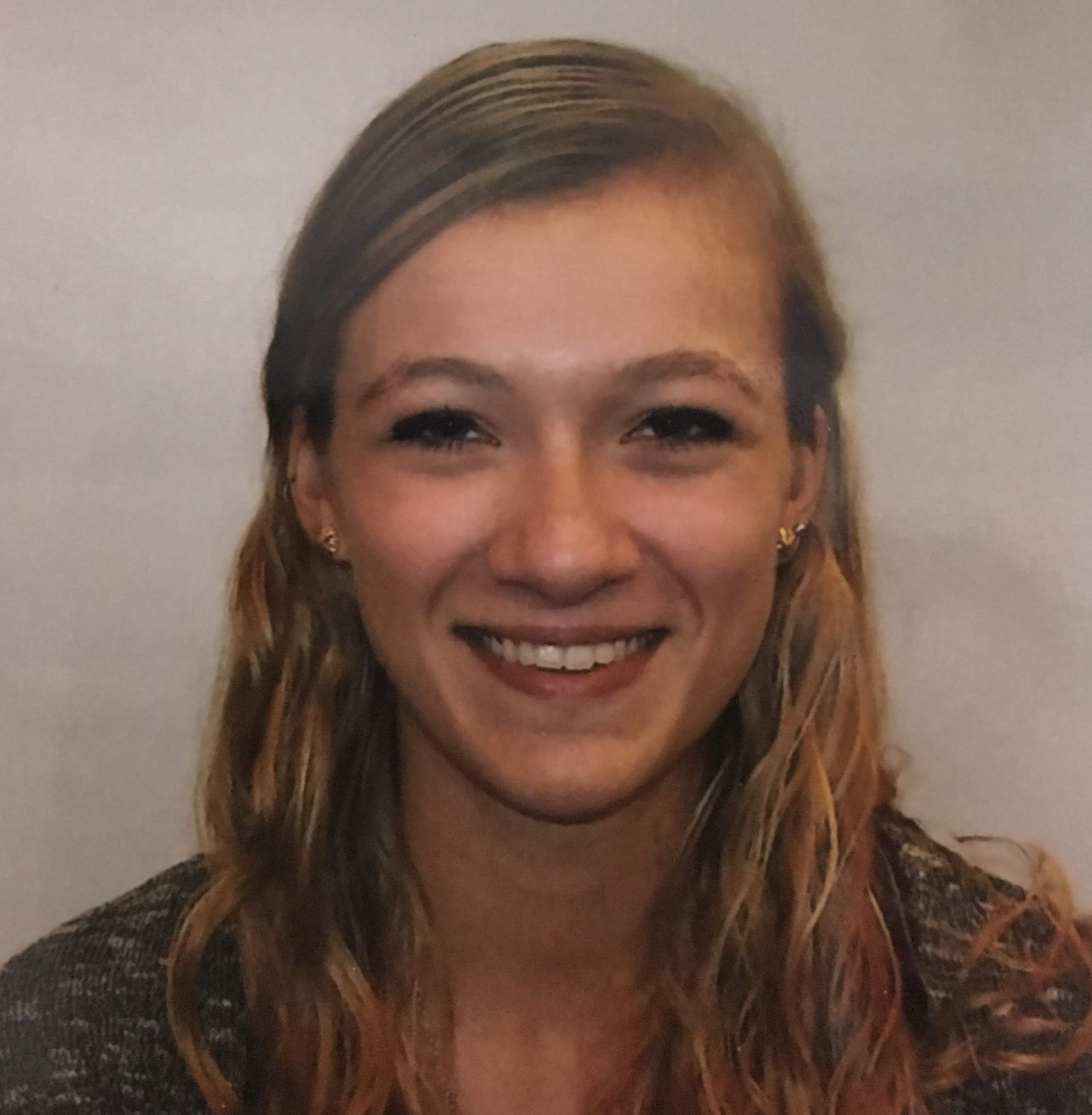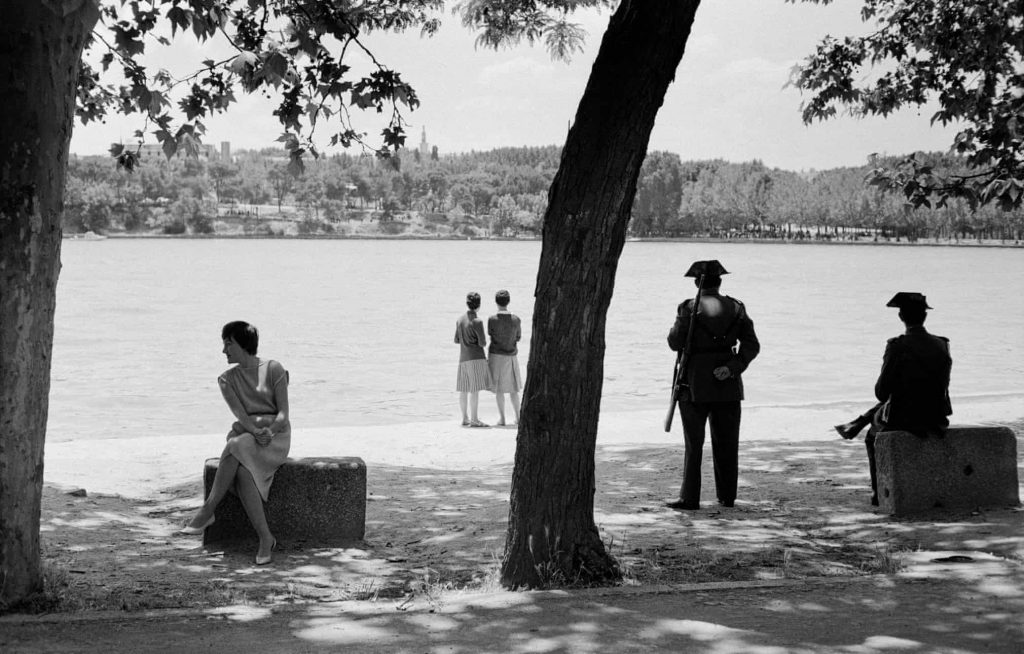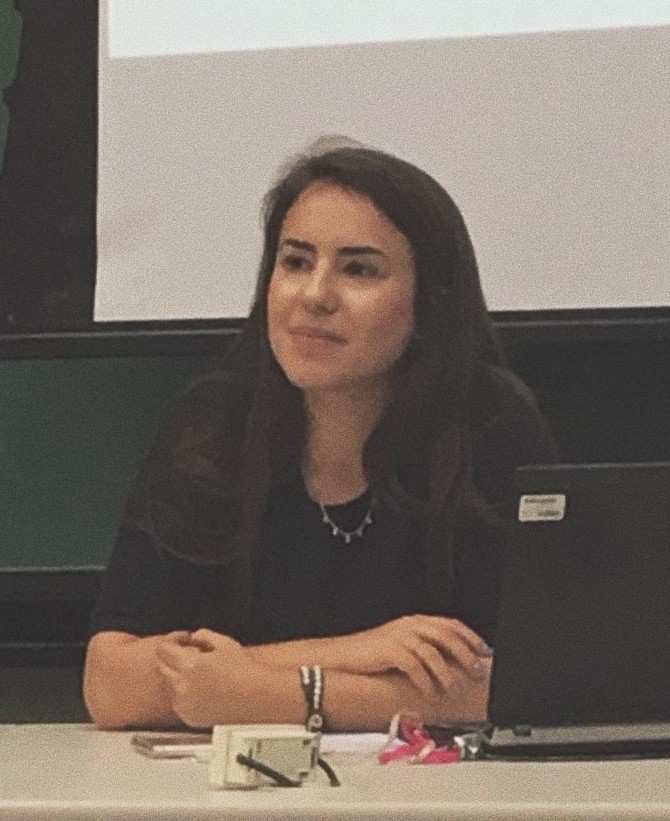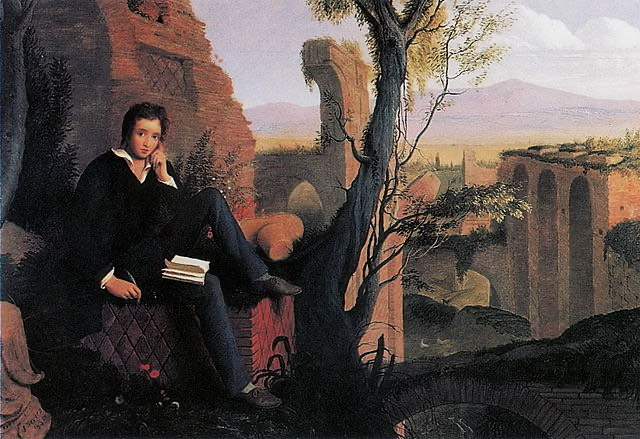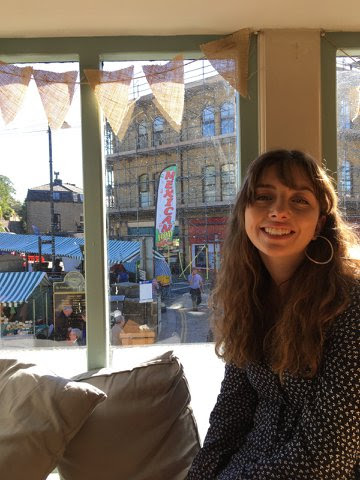Tell us a little bit about yourself
I’m a second year PhD student, living in the West End of Newcastle. I live with my partner, Jason, and we have a little rabbit called Luna. I’m originally from the North East but did my undergraduate degree in History at the University of Manchester. I stayed there to do my MA in Humanitarianism & Conflict response, before working as a support worker for people in supported accommodation. I really love animals, and volunteer as a dog walker for The Cinnamon Trust, which has kept me sane throughout lockdown!
Tell us a little bit about your research
My research looks at industrial closure in County Durham from cross-generational perspectives, exploring how the closure of the coal mines shaped, and continues to shape, understandings of place, identity and politics. My research is based on oral history interviews with people of all different ages, who grew up or live(d) in three villages in the county. I’m really interested in how things like Brexit, and the election of Conservative MPs in the region are linked to deindustrialisation, and questions about the future of the region in relation to both heritage and new development.
What was it that got you interested in your current research topic?
It’s something I’ve always been interested in really, growing up in a former pit village and just observing things around me, but I think it was moving away to Manchester that really gave me the perspective on it that led me to where I am now. After leaving University, I went on to work in a supported accommodation for people who were homeless. I loved this job and still miss it, but it was incredibly tough and really highlighted the continued systemic issues within the UK that continue to effect former industrial areas in particular. I missed research, and just thought that I could perhaps combine the two areas of experience together to look at these issues historically. I also missed home and so everything really just came together to form my project.
What has been the best/most enjoyable part of your PhD so far?
I love doing the oral history interviews that form the basis of my project. I’ve learnt so much from each participant and it’s just so interesting to hear the history of the region in people’s own words.
And what has been the most challenging?
Imposter syndrome! More than any of my actual research, just trying to get over various crises in self confidence has been the most challenging thing, I think. There has definitely been a lot of self-questioning about whether I’m up for doing the PhD at all, but I think these waves of doubt are something you learn to navigate as you progress.
Has Coronavirus impacted your research?
Yes, massively so. I had all my interviews scheduled for March and April 2020, and of course that’s when we entered full lockdown, so they were all rescheduled. So, there was a delay there while I held off to keep an eye on the situation as it developed, and then I moved to remote interviewing. That’s been a challenge in itself and has meant learning about a whole new way of working, but it’s allowed me to complete some really interesting interviews and get my project back on track.
What would be your most important advice for someone just starting their PhD?
Don’t be afraid to ask for help when you need it. There are so many things that it’s almost assumed you know about when you start your PhD, not necessarily research based either but about academia or your department in general. It’s not silly to ask about these things, and it’s also in no way a bad thing to ask for well-being help and support when you need it, too.
What are your post-PhD plans?
I would really like to move into policy research, in the Civil Service or an independent Think Tank for example, but I really hope I can stay focused on the North East region if I do that.
